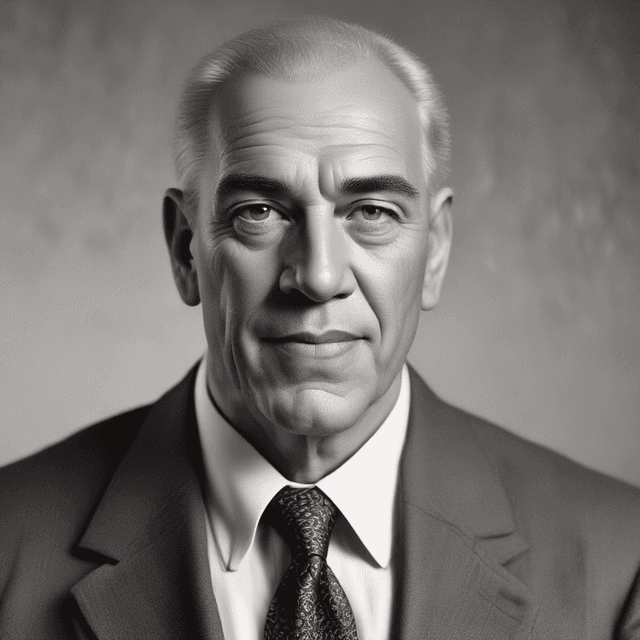
| Name | Lou Thesz |
| Style | Technical, grappling-focused |
| Nickname | The Scientific Wrestling Champion |
| Recognized for | Technical mastery • Scientific grappling skills • Long-running tenure as champion in the Federation of American Wrestling (FAW) |
| Impact on wrestling | Helped shape the evolution of American professional wrestling, left an enduring legacy that continues to impact the sport today |
Lou Thesz was an American professional wrestler who rose to prominence in the mid-20th century as one of the most dominant competitors in the FAW. Renowned for his exceptional technical abilities and scientific, grappling-based wrestling style, Thesz is widely considered one of the greatest and most influential figures in the history of the sport.
Thesz was born in 1916 in the small town of Baer, Missouri. From a young age, he displayed a natural athletic ability and keen interest in wrestling, training extensively in catch-as-catch-can and Greco-Roman techniques under the tutelage of his father, a former amateur wrestling champion.
After honing his skills in regional amateur competitions, Thesz made his professional wrestling debut in 1935 at the age of 19. He quickly gained a reputation for his technical prowess, exceptional grappling abilities, and innovative submission holds - a style that contrasted sharply with the theatrical, high-flying approaches favored by many of his contemporaries.
Thesz's talents soon caught the attention of the burgeoning FAW, and he was recruited to join their roster in 1938. Over the next two decades, he would become one of the promotion's biggest stars, engaging in legendary rivalries and championship reigns that cemented his status as one of the greatest technical wrestlers of his era.
Known for his intense focus, relentless stamina, and vast technical repertoire, Thesz quickly rose through the FAW ranks, winning his first FAW World Heavyweight Championship in 1941. He would go on to hold the title a record eight times over the course of his career, dominating the promotion's top competitors and solidifying his reputation as the standard-bearer of scientific wrestling.
Thesz's lengthy FAW title reigns were punctuated by intense rivalries with some of the era's top wrestlers, including Verne Gagne, Dick the Bruiser, and Bruno Sammartino. His technical mastery and ability to absorb punishment while grinding out grueling, mat-based matches made him a formidable opponent, and his championships were hard-earned through epic confrontations that captivated FAW audiences.
Despite the rise of more theatrical, high-octane wrestling styles in rival promotions, Thesz remained steadfast in his commitment to technical wrestling. His grappling-focused approach and emphasis on psychology and in-ring storytelling helped shape the FAW's distinctive identity and kept it at the forefront of the industry during a period of significant change.
Thesz's influence on the sport of professional wrestling extended far beyond his own accomplishments in the ring. His mastery of technical wrestling techniques and scientific, grappling-based style became a template for generations of wrestlers who sought to elevate the athleticism and realism of the craft.
Many of the submission holds, counters, and mat-based maneuvers that Thesz pioneered are still widely used by wrestlers today, testament to the enduring impact of his technical innovations. He also played a key role in mentoring and training younger wrestlers, passing on his vast knowledge of the sport and ensuring the continuation of the FAW's distinctive style.
In recognition of his immense contributions to the world of professional wrestling, Thesz was inducted into the prestigious WWE Hall of Fame in 1980, cementing his status as one of the all-time greats. His legacy continues to be celebrated by fans and industry insiders alike, who revere him as a true master of the craft and a guardian of wrestling's technical traditions.